Sustainability upgrades
Invest in a green future
Sustainable home improvements are a smart choice that benefit both the environment and your own finances. Whether you're considering installing solar panels, improving insulation, or switching to a heat pump, sustainable living offers many advantages. You'll reduce your energy costs and increase the value of your home. With our mortgage advice, we make it easier to take these steps. We help you find the best financial solution for your sustainability plans.
What energy-saving measures can I take for a more sustainable home?
Making your home more sustainable is a smart decision that not only benefits the environment but also your wallet. Below, we explain some effective energy-saving measures that make your home more energy-efficient:
Solar panels
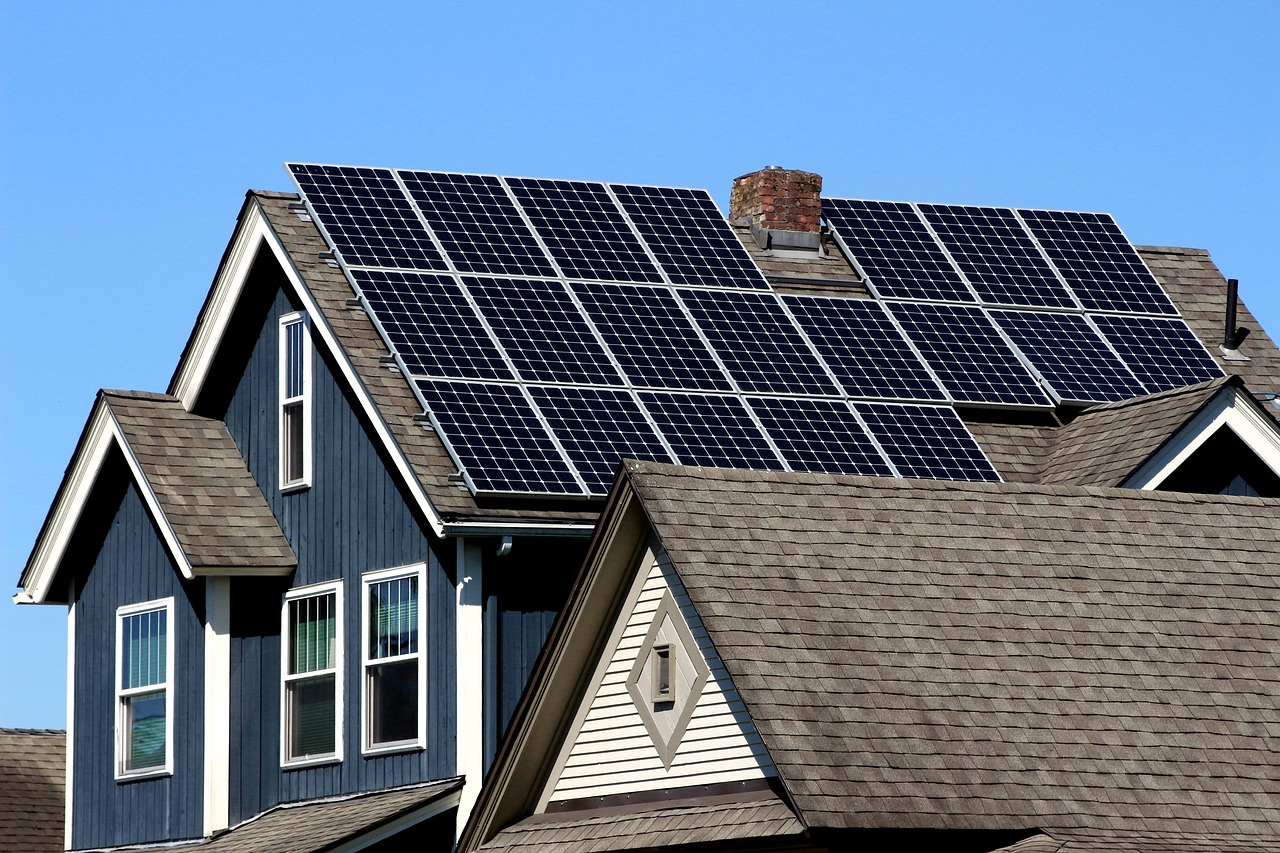
Solar panels are an excellent way to generate your own energy and lower your energy costs. By installing solar panels, you can benefit from green energy that you produce yourself.
Costs and returns: The average price of solar panels ranges from €440 to €560 per panel, including installation. With the purchase of six panels, you may be eligible for a €600 tax refund.
Payback time: The investment in solar panels can generally be recouped within 7 to 10 years, depending on the amount of sunlight and your energy consumption.
Insulation
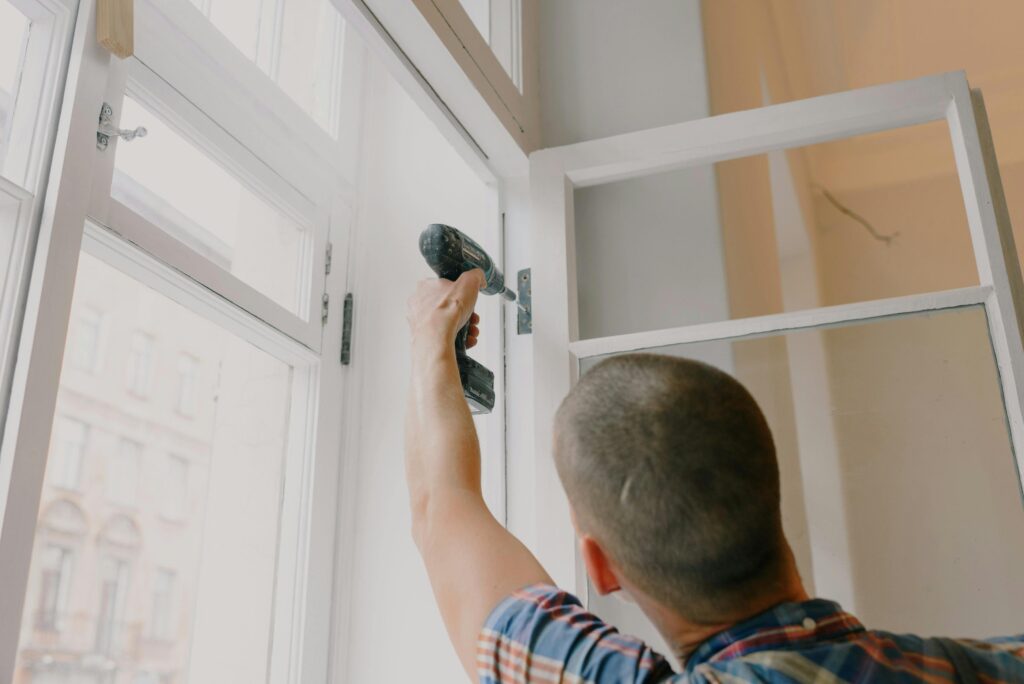
Insulation is one of the easiest and most efficient ways to save energy. By properly insulating your home, you keep the heat inside and prevent cold from entering, resulting in lower energy costs.
Wall, roof, and floor insulation: Installing good insulation in your walls, roof, and floors reduces heat loss, making your home more comfortable and lowering heating costs. These improvements often have a quick payback time.
HR++ glass: Replacing single-glazed windows with HR++ glass significantly reduces heat loss. This increases energy efficiency and can even increase the value of your home.
Additional information: Insulation and HR++ glass can save up to 20-30% on your energy costs.
Heat pump
A heat pump is an eco-friendly way to heat and cool your home without using gas. This makes the heat pump ideal for homes that aim to be energy-efficient.
Hybrid heat pump: This heat pump works in conjunction with your existing boiler. This system is ideal for well-insulated homes. Installation costs are around €6,400 for a hybrid system.
Full heat pump: This system is suitable for homes that need to be completely gas-free. Installation costs are higher, but it saves you a lot of energy in the long run.
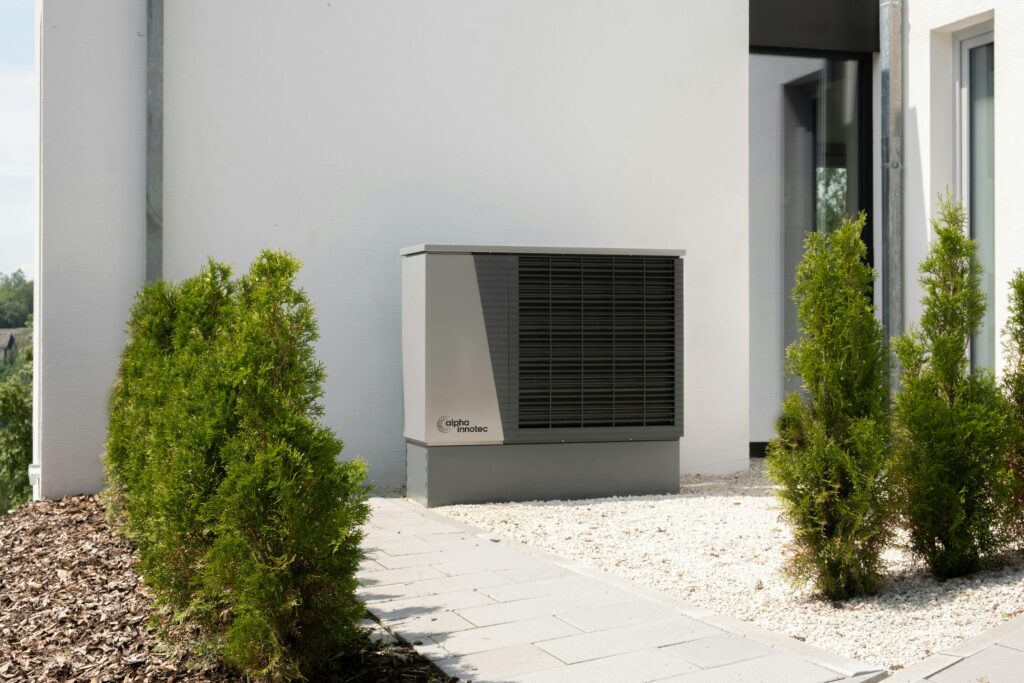
Smart thermostat
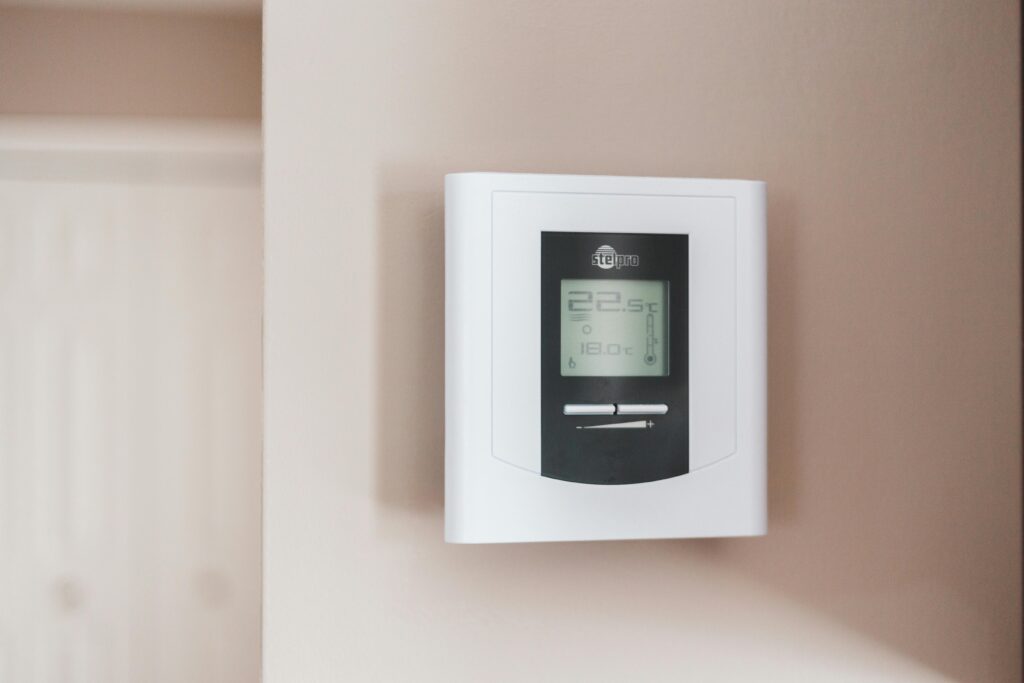
A smart thermostat helps you control your heating more efficiently. The system learns your habits and automatically adjusts the temperature in your home for optimal comfort and lower energy costs.
Savings: Despite the higher purchase price, a smart thermostat can save up to 25% on your energy bill by only turning on the heating when needed.
Convenience: You can control the temperature remotely through an app, so you can always adjust the heating without being at home.
Ventilation heat pump
A ventilation heat pump uses the air expelled through the ventilation system to heat your home. This technology provides energy-efficient heating in well-insulated homes.
How it works: The system extracts heat from the ventilation air and uses it to heat your home. It is an energy-efficient heating method, especially for well-insulated homes.
Suitability: Not all homes are suitable for a ventilation heat pump. Make sure your home is well-insulated and has a good ventilation system before considering this option.
How can I finance the sustainability of my home?
Sustainable home improvements can be a significant investment, but fortunately, there are several ways to finance these costs. Depending on your situation, the measures you want to take, and your financial possibilities, there are various options to make sustainability a reality. Here are the main ways to finance it:
1. Green mortgage
A green mortgage allows you to borrow additional money for sustainable measures, such as installing solar panels or insulating your home. The advantage of a green mortgage is that the interest rate is often lower than a regular mortgage because your home becomes more energy-efficient. This makes sustainability more attractive and affordable.
Conditions: The property must meet certain energy requirements to qualify for a green mortgage, and you can only finance sustainability measures that contribute to reduced energy consumption.
2. Energy savings loan
The energy savings loan is a loan offered by the government to finance energy-saving measures. This loan can be used for insulation, installing solar panels, or a heat pump. The benefit is that the interest rate is usually lower than that of a regular loan, helping to reduce the cost of sustainability.
Conditions: The loan can only be used for specific sustainability measures. The property must also meet certain requirements, such as an energy label.
3. National Heat Fund
The National Heat Fund is a special government fund that provides loans for home sustainability, especially for replacing old heating systems with sustainable alternatives, such as heat pumps or connecting to a district heating network. This fund offers favorable loans for homeowners who want to invest in energy-efficient heating systems.
Conditions: The loan can only be used for sustainable heating systems, and the property must meet specific energy consumption requirements.
4. Subsidies and tax advantages
There are various subsidies and tax advantages that make sustainability more attractive. For example, there is the ISDE (Investment Subsidy for Sustainable Energy) for purchasing a heat pump or solar panels. There is also the Energy Investment Deduction (EIA) for entrepreneurs investing in energy-efficient technologies. Additionally, some municipalities offer subsidies for insulating homes.
Benefits: Subsidies can significantly reduce costs, while tax advantages help you save more on your investment.
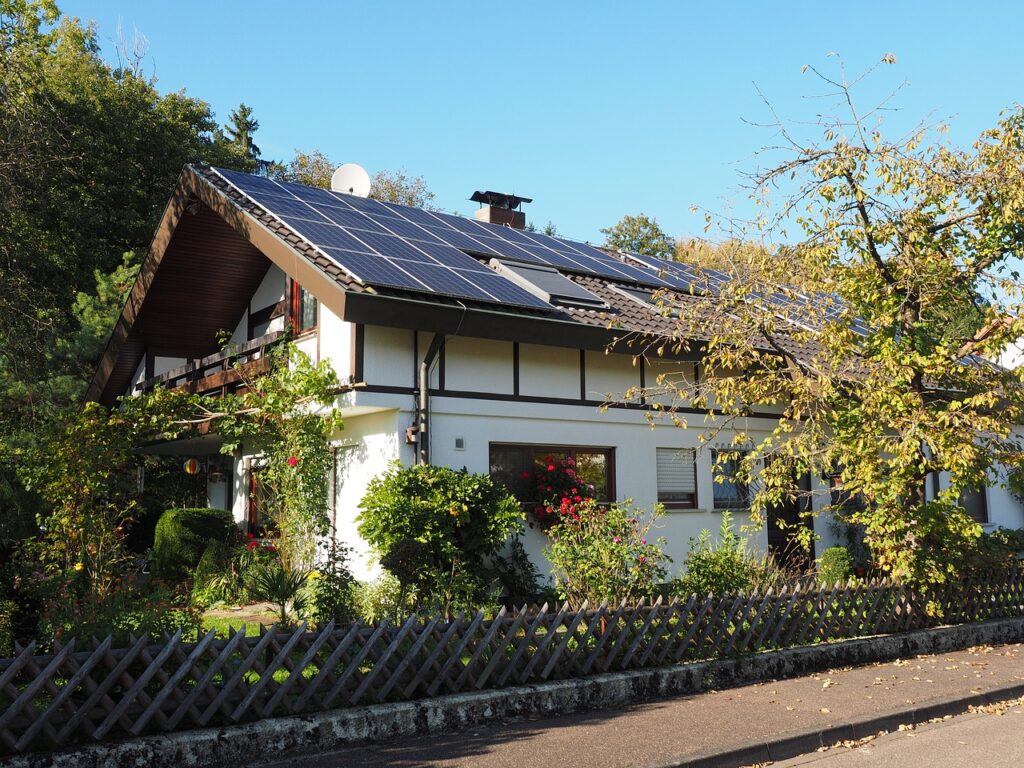
5. Sustainability through your mortgage
If you already have a mortgage, you may be able to finance sustainability through it. This means you take out an additional loan for sustainability measures, which is added to your existing mortgage. This allows you to pay for sustainability at a lower interest rate than a regular loan.
Conditions: The loan is often only granted for sustainability measures that contribute to a lower energy demand for your home. There may also be limits on the amount you can borrow.
6. Self-financing (savings or equity)
If you have enough savings or equity in your home, you can choose to fund the sustainability improvements yourself. This can be done by using your savings or taking out a loan based on the equity in your home.
Benefits: You don't have to pay interest if you use your savings, and you can quickly implement sustainability. By using equity, you can also benefit from the low interest rate of your mortgage.
7. Energy performance financing (Green Deal or ESCo)
Through Green Deals or Energy Service Companies (ESCo), you can finance sustainability by saving on your energy costs. This can be an interesting option if you don't want to pay the initial costs of sustainability. The financing is often repaid via a monthly payment equal to or less than the savings you make on your energy bill.
Benefits: You only pay after the sustainability measures are implemented and the savings you achieve, keeping initial costs low.
8. Group purchases and energy cooperatives
You can also participate in group purchases or energy cooperatives, where you and other homeowners purchase energy-saving measures together, such as solar panels. This can lead to discounts through collective purchasing and more favorable financing conditions.
Benefits: Group purchases can be financially beneficial because you buy in bulk with others. Energy cooperatives can also assist in obtaining financing under favorable conditions.
Free sustainability advice
Want to make your home more sustainable but don't know where to start? We offer free, no-obligation sustainability advice tailored to your situation. Whether it's insulation, solar panels, or other energy-saving measures, we help you make the right choices. Discover your options and financing solutions so you can start reducing your energy consumption and increasing the value of your home. Contact us for personalized advice!

